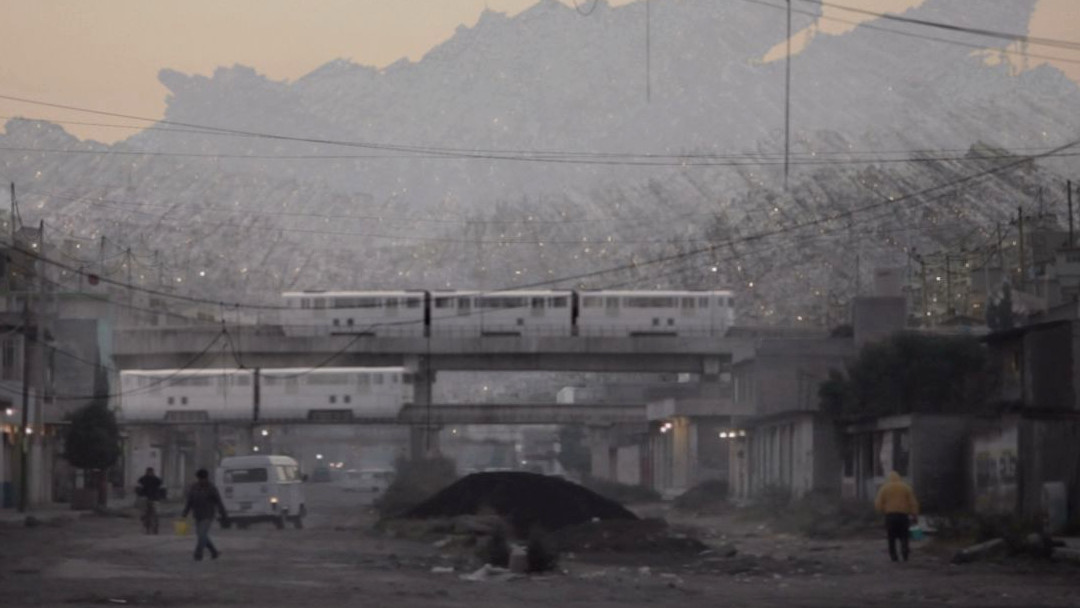One disaster scenario that is often overlooked is what happens when the delivery system stops. Trucking moves about 71% of the freight in the United States.
Consider the following piece of news out of South Africa:
South African Economy Paralyzed As Miner Strike Spreads To Truck Drivers
ATMs lacked cash, fuel stations were running dry and hospitals saw vital coal supplies diminish Tuesday as South Africa felt the pinch from a truck drivers’ strike that entered its second week.
The strike has halted the delivery of goods across the country, as more than 20,000 workers dig in on their demand for higher wages.
…
SAPIA warned the public to refrain from panic buying, saying the shortages were not yet widespread. [Emphasis added]
Note that little bit about the fact that shortages were not yet widespread. Yet is the operative word there. I don’t know about South Africa, but in America, the just-in-time delivery system is the preferred method of inventory control. In other words, stores don’t have a lot of stuff actually in the store. A grocery store will only have about three days worth of food. And that’s at normal buying rates, not at panic buying rates.
So take this as a preview of what could happen here.

You won’t be able to get money out of your ATM. You won’t be able to go to the store and buy food. You won’t be able to get to the store because the gas stations will be out of gas.
In short, all the goods that we buy in our economy rely on truckers. If they go on strike, which they almost did a couple years ago because of high gas prices, then we are screwed.
The only good news here is that any such strike would likely be short-lived. After all, the truckers have to eat too.
So let’s take this opportunity to sit back and think about what kinds of things we would need to survive in our homes for, say, two weeks:
- Food -- Everybody should definitely have at least two weeks worth of food on hand. This can include canned fish, canned meat, dehydrated vegetables, canned vegetables, frozen meats and vegetables, jerky, pemmican, and so on. But don’t forget the things you also need to go along with your food. Things like spices, oils, fats, and the like.
- Water -- The general rule of thumb is to keep 1 gallon per person per day on hand. So if you have three people in your household, then you will need 3 gallons per day for 14 days. That’s 52 gallons total. You should also have filtration capacity for much more. Personally I use a Berkey water filter, and I love it. It will even filter out viruses, protozoa, and other bacteria.
- Fuel -- Having two weeks worth of fuel is generally pretty easy for most people. My wife and I drive approximately 300 miles a week, and use about 18 gallons of gasoline to do so. So we would need about 36 gallons of storage gasoline in order to take care of normal business for two weeks. Keep in mind that we probably won’t be doing normal business during such a strike, but it’s great to have the option. Storing fuel is simple. Just get some gas cans, fuel stabilizer, and fill them up. With fuel stabilizer gas will stay good for upwards of a year. Just make sure that you keep the gas cans outside.
- Energy -- Energy utilities are not likely to be affected by a truck stoppage. But you never know what will happen, so it’s a good idea to keep some level of energy independence. This can be in the form of solar panels, propane gas tanks, wind turbines, etc. Energy backup is very complex topic, so I’ll be covering that in a later post in more detail.
- Money -- Note what the article said about ATMs. The cash in the machines doesn’t come from the sky. It has to be delivered there by trucks. If the trucks stop rolling, then the ATMs will be empty. It’s important for you to have cash on hand, safely secured, in your house. How much that is will depend on your situation. Since I’m talking about two weeks here, what would it take for you to run your household for two weeks on cash only? From there you can decide whether you want to have more or less, depending on what you think the odds of such a situation developing are.
- Medical -- What will you do if you can’t go to the pharmacy for 2 weeks? Do you have basic medical supplies for injuries? What about medications people in your household need?
***
The vast majority of the people who read this blog are from America. So this specific strike in South Africa is not going to affect you very much (except maybe in terms of the price of gold, which might go up as a result of the related mine strikes). However, this is an excellent opportunity to realize what could happen to us if a similar situation developed locally.
Use this opportunity to figure out what your weaknesses are, where you need to prep more to survive a two-week period without the normal things you used to buying.
People in South Africa are suffering as a result of the striking going on right now. Make sure you aren’t in the same position if this kind of thing happens in the US.



